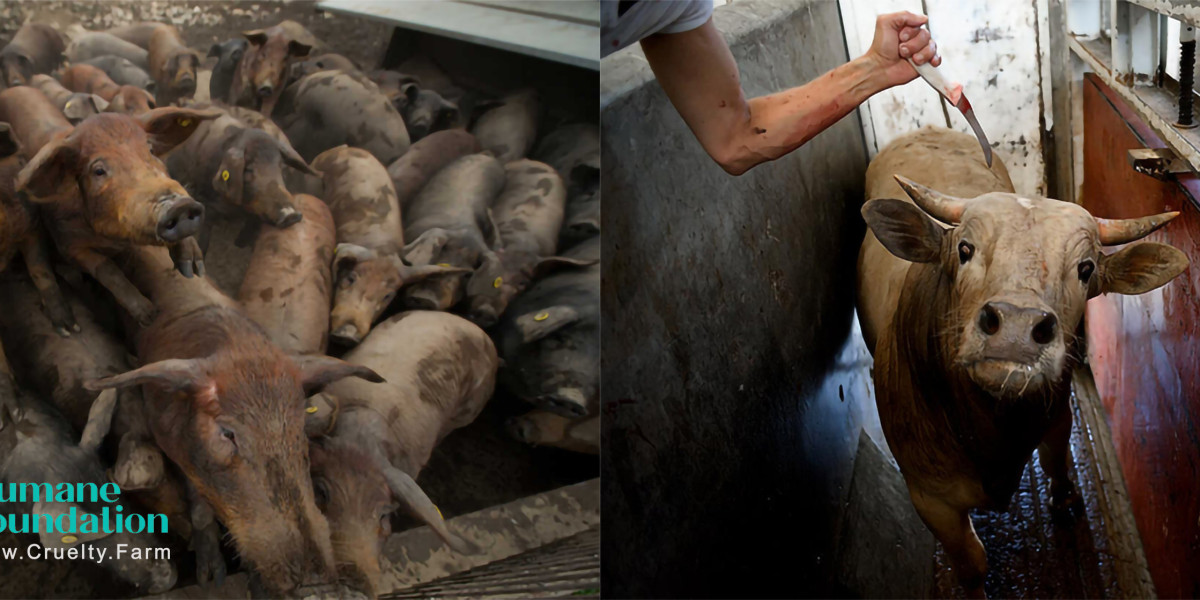The issue of farmed fish suffering has increasingly come under scrutiny as aquaculture practices expand globally to meet the rising demand for seafood. While aquaculture presents itself as a solution to overfishing and food security, ethical concerns surrounding the welfare of farmed fish persist.
Farmed fish suffering encompasses a range of issues related to the conditions in which fish are raised for human consumption. In intensive aquaculture systems, fish are often confined in overcrowded tanks or net pens, where space is limited and natural behaviors are constrained. This confinement can lead to stress, injuries, and susceptibility to diseases among the fish population.
Another aspect of farmed fish suffering involves the practices used in fish farming operations. To maximize production efficiency, fish are sometimes subjected to practices that prioritize economic considerations over animal welfare. These may include the use of antibiotics to prevent disease outbreaks or the selective breeding of fish for rapid growth, which can lead to health problems and reduced quality of life for the fish.
Environmental impact is also a significant concern associated with farmed fish suffering. Aquaculture operations can generate pollution through the discharge of waste, excess feed, and chemicals into surrounding water bodies. This pollution can degrade water quality, harm local ecosystems, and pose risks to wild fish populations in the vicinity.
Critics argue that the expansion of intensive fish farming exacerbates these environmental and ethical issues. As global demand for seafood continues to rise, so does the pressure on aquaculture operations to increase production, often at the expense of animal welfare and environmental sustainability.
Efforts to address farmed fish suffering include advancements in aquaculture technology aimed at improving fish welfare and reducing environmental impact. Innovations such as recirculating aquaculture systems (RAS) aim to minimize water use and pollution while providing a more controlled environment for fish growth.
Consumer awareness and advocacy also play a crucial role in shaping the future of fish farming practices. Increasingly, consumers are seeking out sustainably sourced seafood products that prioritize animal welfare and environmental stewardship. Certifications such as the Aquaculture Stewardship Council (ASC) and Best Aquaculture Practices (BAP) provide assurances of responsible farming practices to conscientious consumers.
In conclusion, while aquaculture has the potential to alleviate pressures on wild fish stocks and provide a sustainable source of protein for a growing global population, the ethical concerns surrounding farmed fish suffering cannot be ignored. Balancing the need for seafood production with considerations for animal welfare and environmental sustainability remains a complex challenge that requires collaboration among industry stakeholders, regulators, and consumers. By supporting responsible aquaculture practices and making informed choices, individuals can contribute to a more ethical and sustainable future for farmed fish.


